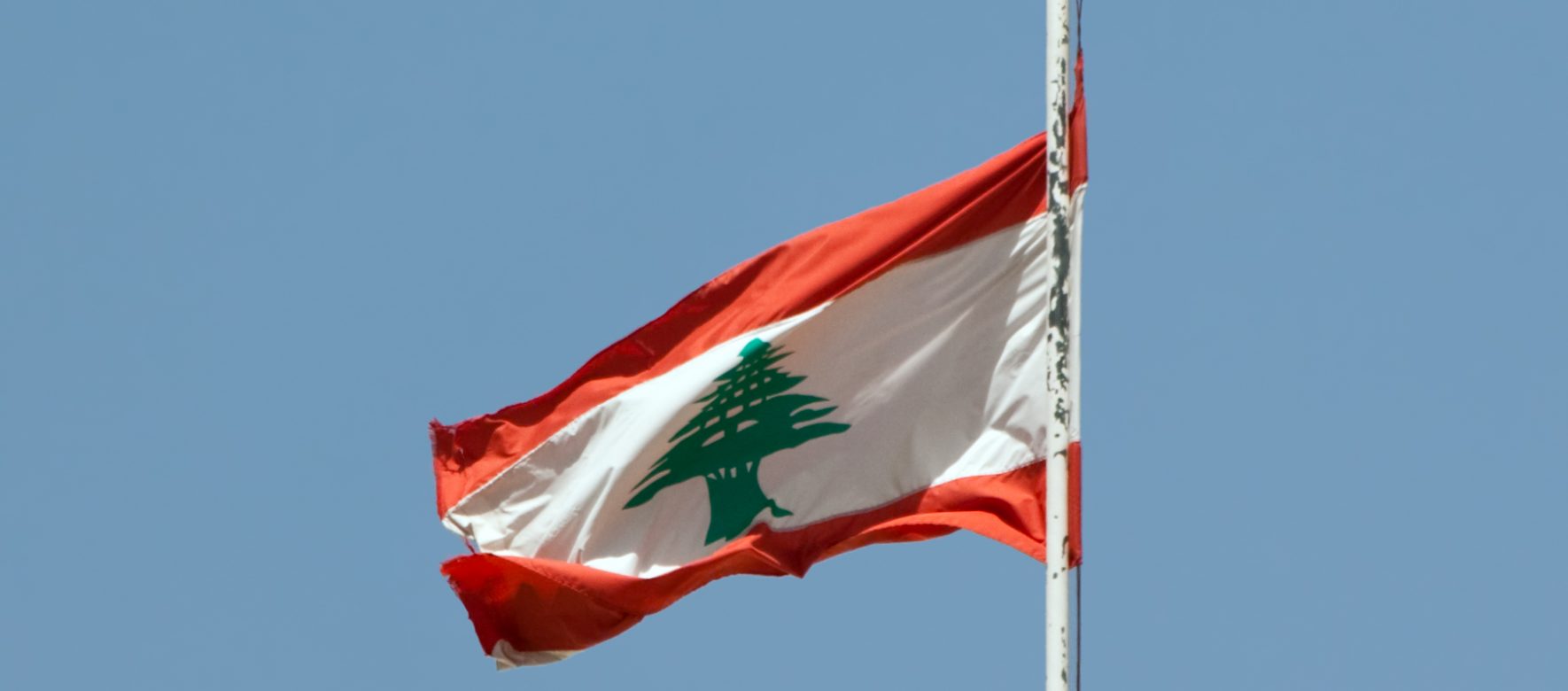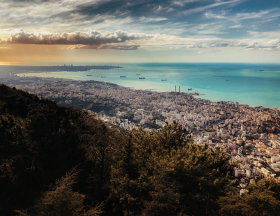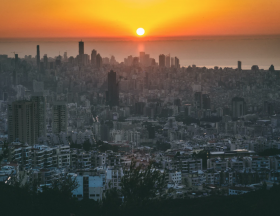Lebanon called on Saudi Arabia for a "dialogue" to resolve the diplomatic crisis that arose following the remarks of the Minister of Information, George Cordahi. Before his appointment, he called the Saudi military intervention in Yemen "absurd". As a result, Saudi Arabia, Bahrain, the United Arab Emirates and Kuwait recalled their diplomats in the Lebanese capital on October 30 and expelled those from Lebanon.
The diplomatic crisis between Beirut and Riyadh will, of course, have both economic and political consequences for Lebanon. We will try to analyze the issues behind these tensions with Dr. Mohamed Badine El Yattioui, Professor of International Relations at the University of the Americas in Puebla (Mexico).
The crisis between the two countries is not limited to diplomacy.
The Saudis have announced a halt to imports of Lebanese products, which could cost Lebanon around 10% of its exports and $ 300 million annually.
Riyadh’s criticism of the Lebanese regarding the leading role of Hezbollah is not new. In 2016, Saudi Arabia and its allies are clearly showing, and bluntly, their frontal opposition to Lebanese Hezbollah. The Gulf Cooperation Council then refers to “Hezbollah’s interventions in member countries” and “in Syria, Iraq and Yemen”.
The Saudis even decide to classify the Shiite organization as terrorist. In fact, the 33rd conference of Arab interior ministers, meeting in Tunis soon after, uses the same terminology against Hezbollah.
The end of Syrian rule in 2005 reinforced the opposition between Saudi Arabia and Iran in Lebanon. The conflicts in Syria and Yemen, the following decade, only accentuated this opposition.
The specialist in Lebanon, Aurélie Daher explains it very well: “Hezbollah was also soon accused by Riyadh and the Gulf countries of being also active in Yemen, alongside the Houthis, in Bahrain, in support of the protest. Shiite, and in Iraq. Riyadh then took a first series of punitive initiatives “. The political science teacher at Paris-Dauphine University adds that in 2013, Lebanese of the Shiite faith were expelled. In 2015, two Hezbollah leaders were accused of “meddling” in Yemen’s affairs and twelve had their assets frozen.
Today, the crisis between the two countries is not limited to diplomacy. The Saudis have announced a halt to imports of Lebanese products, which could cost Lebanon around 10% of its exports and $ 300 million annually. There is also a fear that the sending of diaspora currency will be limited or even frozen. In fact, 550,000 Lebanese live in the Gulf, including 350,000 in Saudi Arabia alone. This adds to an economic and social crisis. Inflation reached 146% in 2020, according to official statistics, and more than half of Lebanese today live below the poverty line, according to the United Nations.
Who can help Lebanon? France ?
For Joseph Bahout, professor of political science at the American University of Beirut (AUB), his influence is limited: “for the moment French mediation has not served much. What is France’s leverage against Saudi Arabia? Ultimately, the Americans can put pressure on certain Gulf States to soften their positions … But, basically, I do not believe that they are going to invest their political capital for Lebanon “.
While in 2018, Prime Minister Saad Hariri was forcibly kept in Riyadh, but never has a crisis between Lebanon and the Gulf countries reached this magnitude. The professor of History at the University of Kuwait Bader al-Saif considers that “this time, the files at stake touch on the national security of the Gulf countries, namely the activities of Hezbollah, which has not only an influence in Lebanon but also in Yemen where he trains the Houthis, the discovery of cells linked to Hezbollah in the Gulf or even drug trafficking, which does not stop”.
This would explain the strong and coordinated reaction of the Gulf countries.
It should be noted that the Lebanese Minister of Foreign Affairs, Abdallah Bou Habib, called on his counterparts from Qatar and Oman because they are the only two Gulf countries not to have taken retaliatory measures against Lebanon in order to thank them.
For its part, Hezbollah considers its presence in the government as strategic and defends tooth and nail Georges Cordahi.











Réagissez à cet article